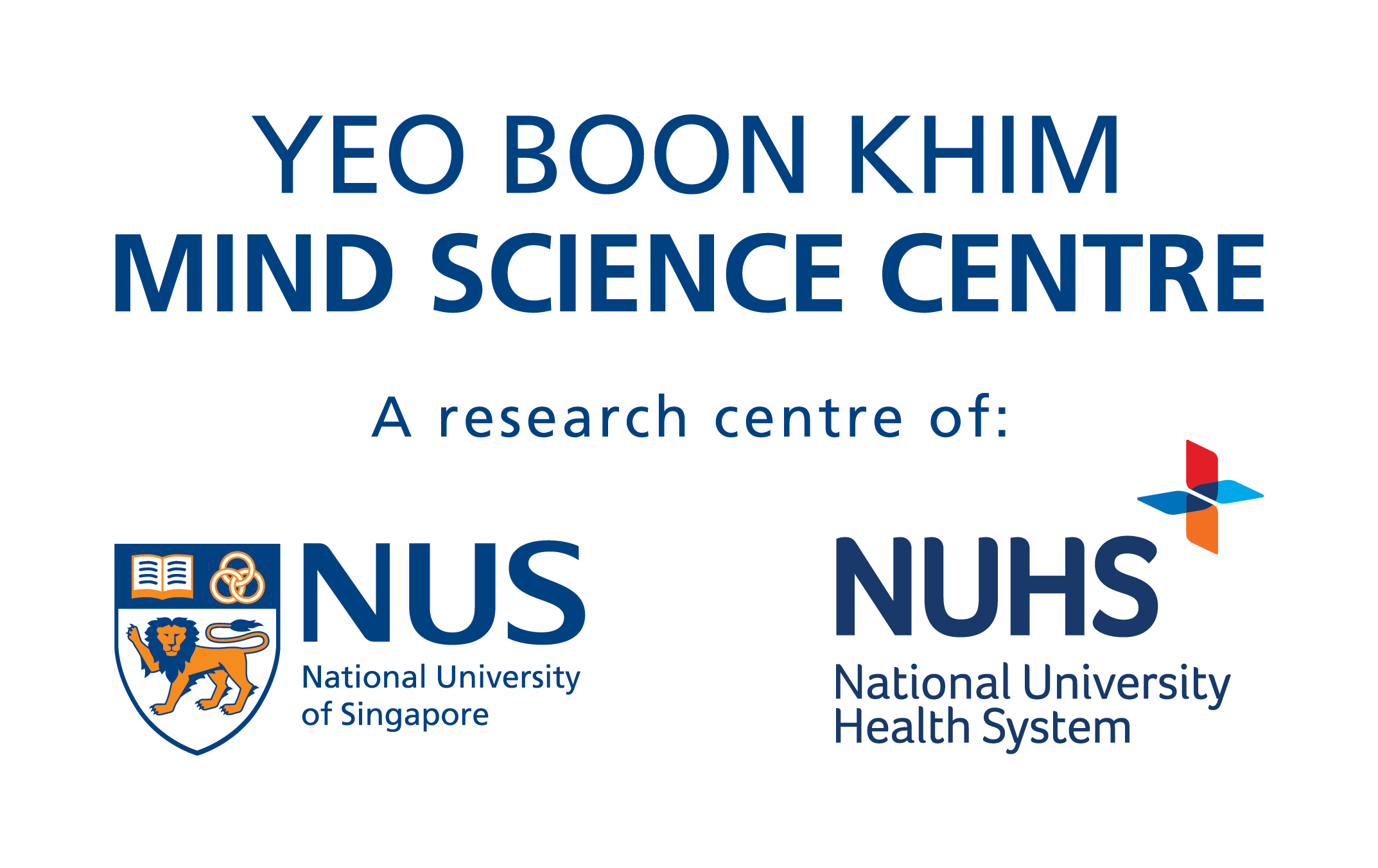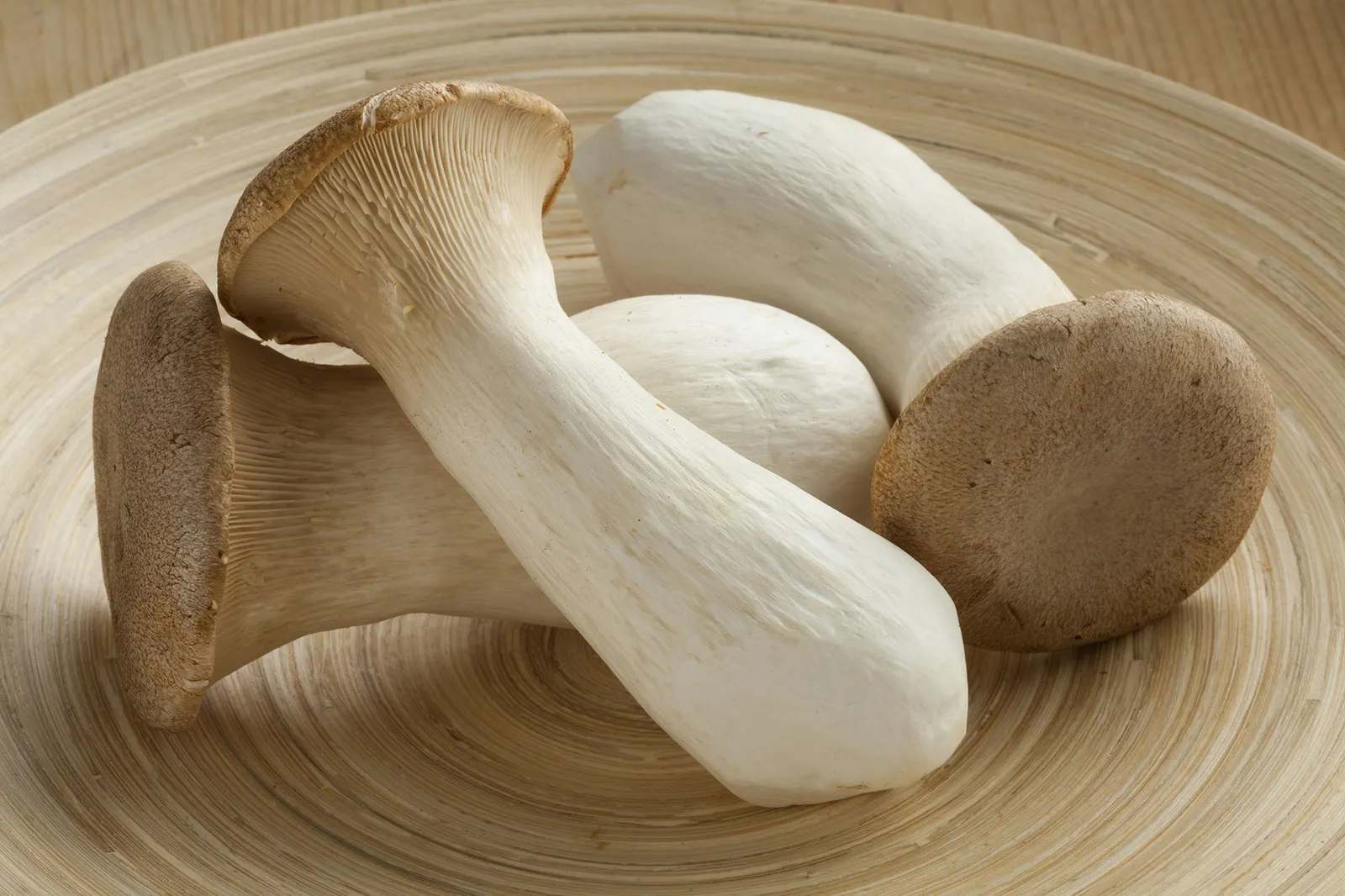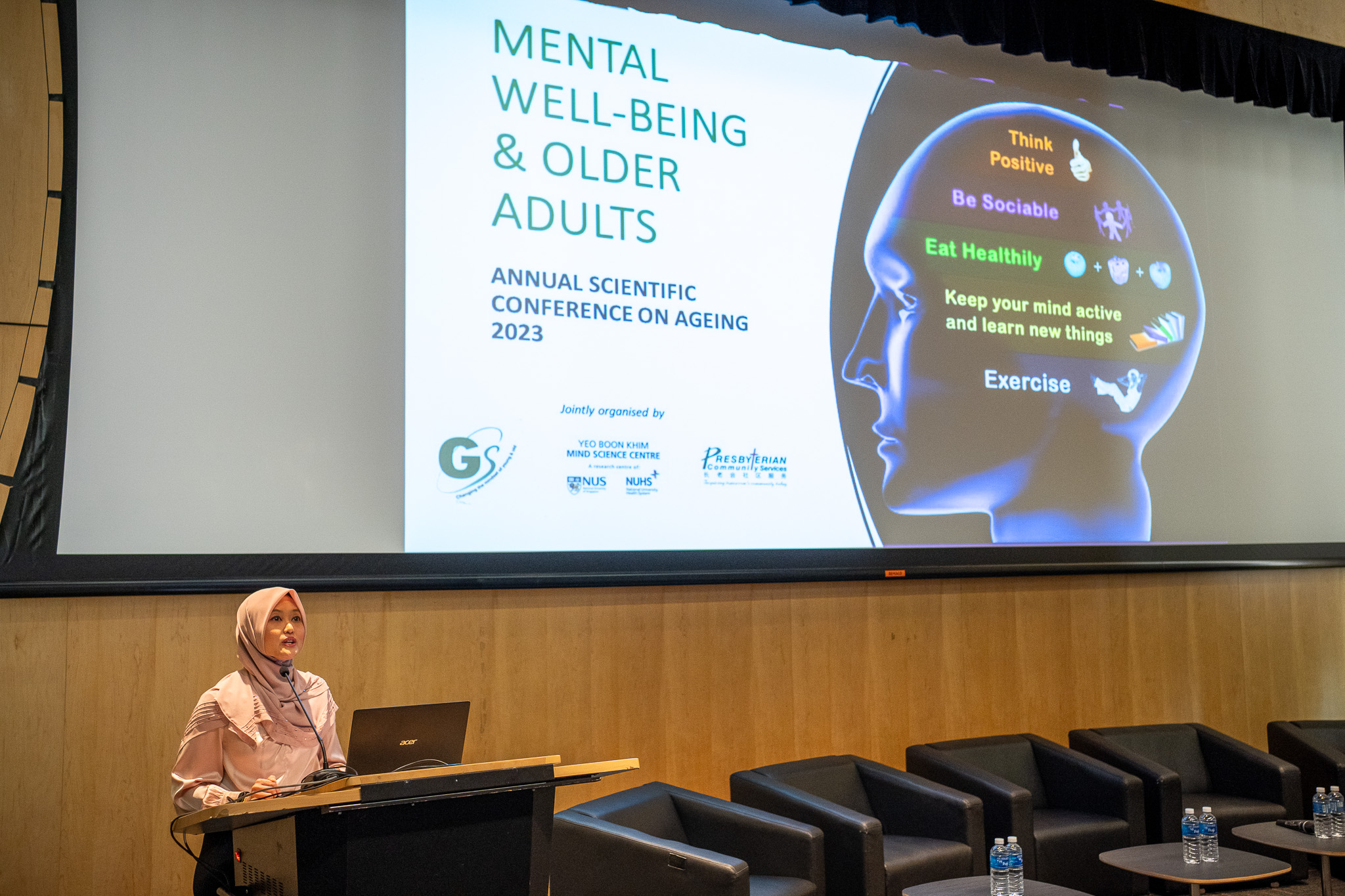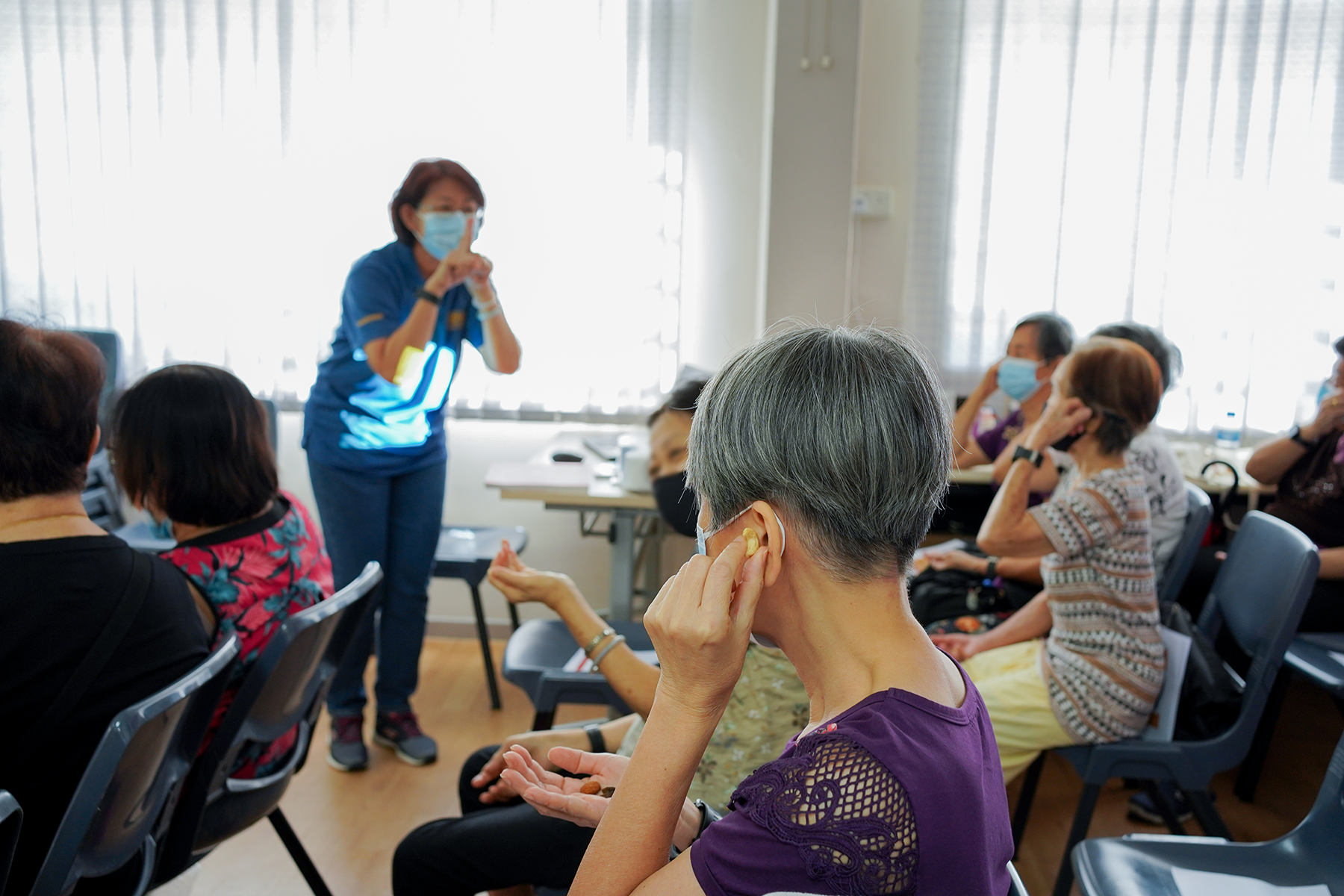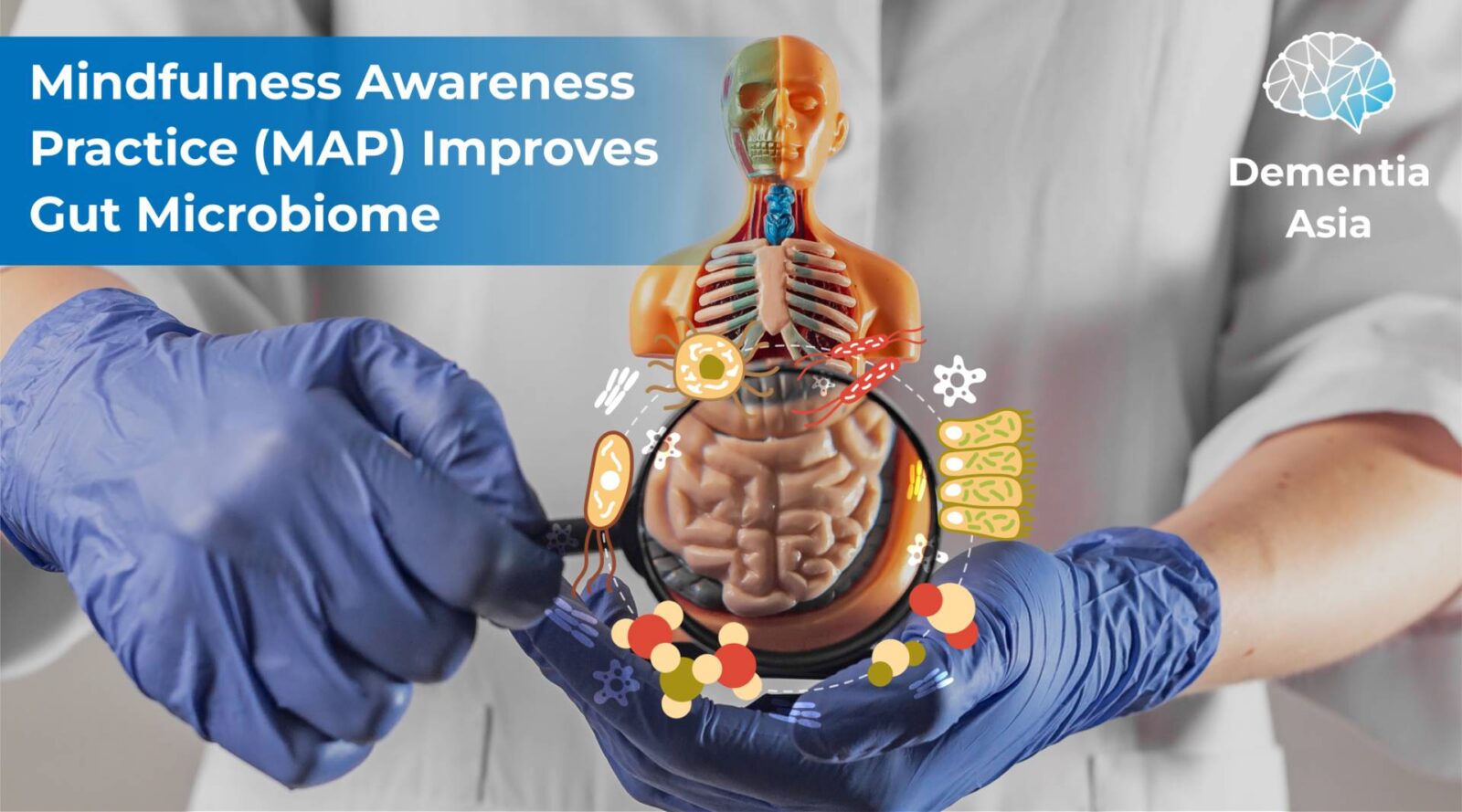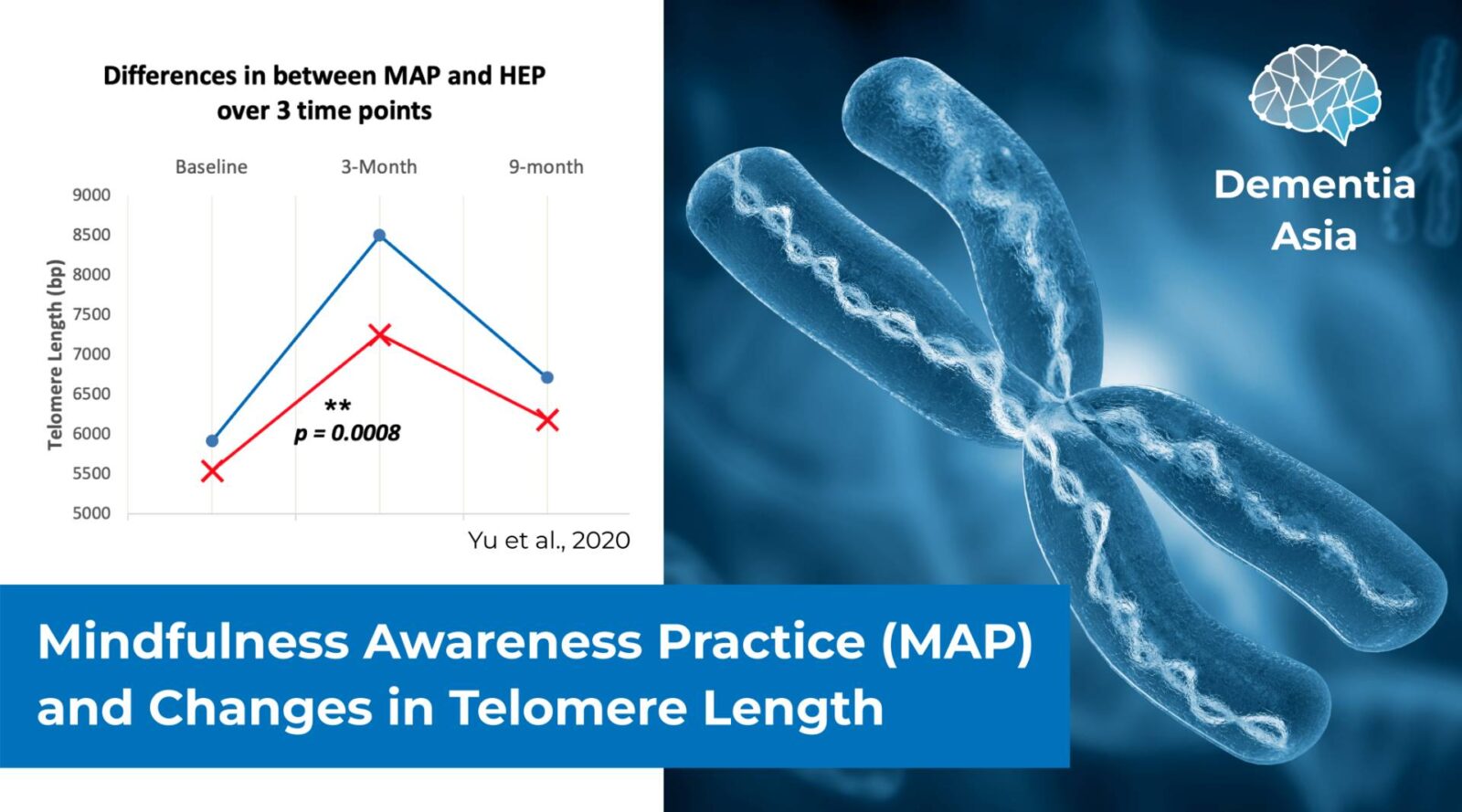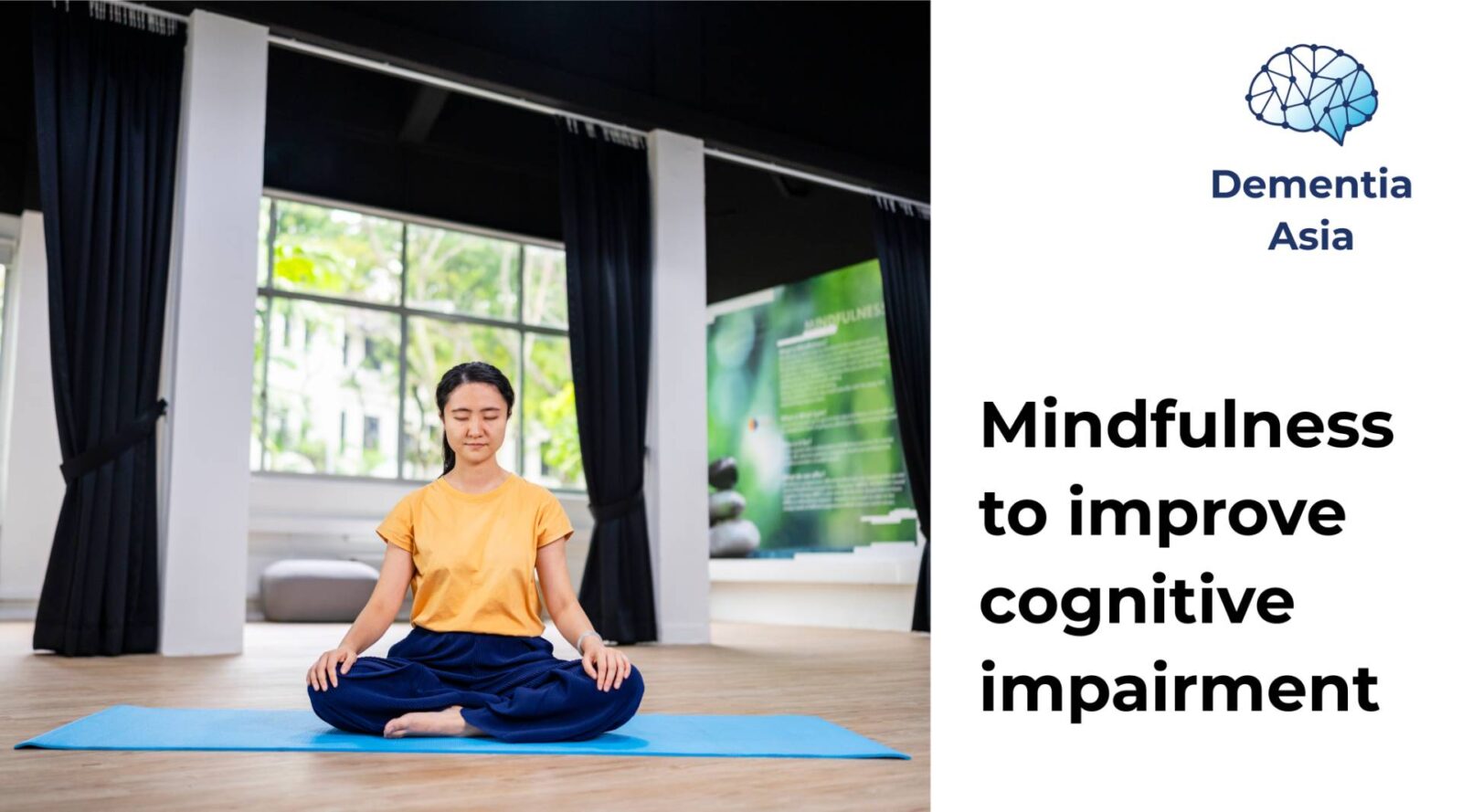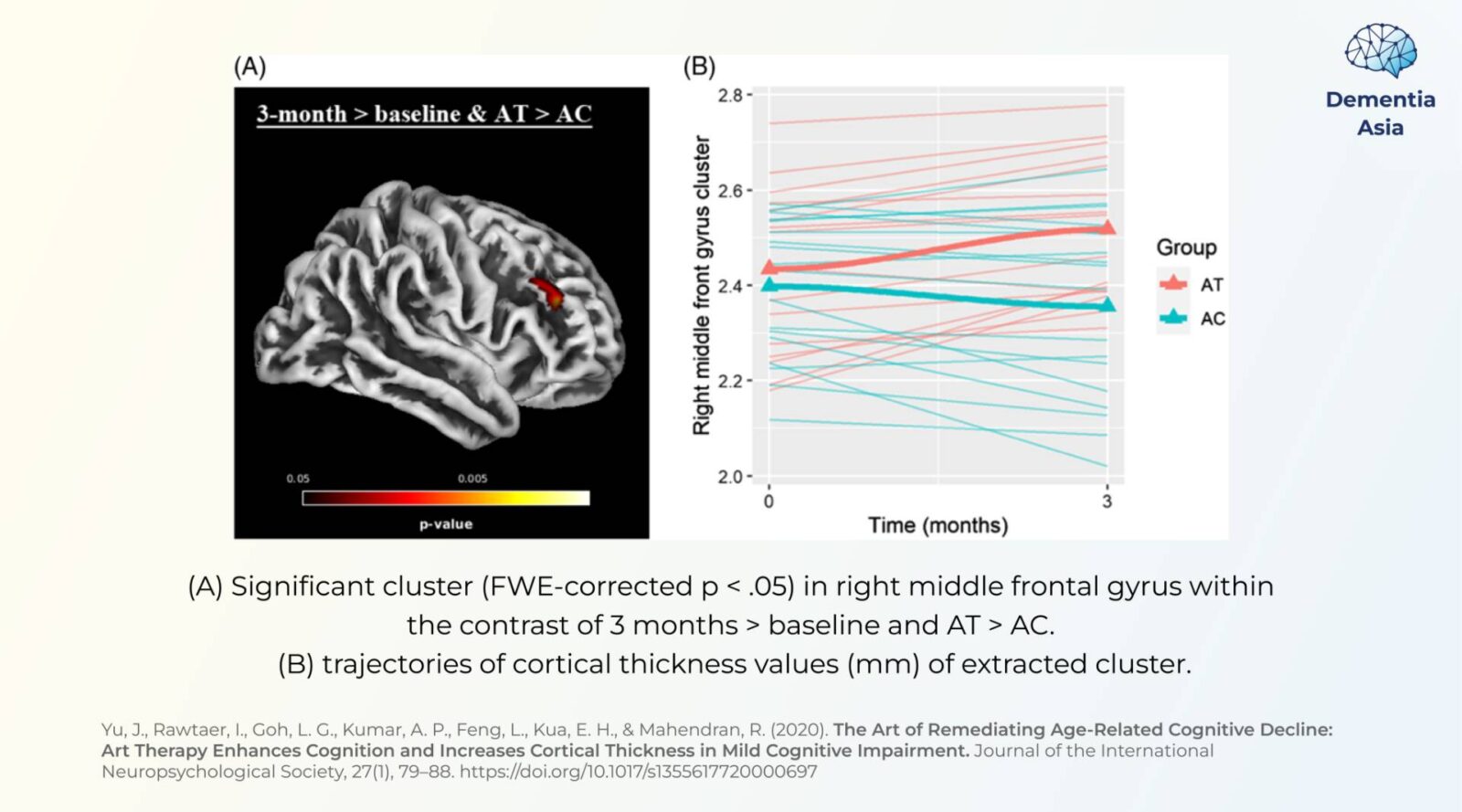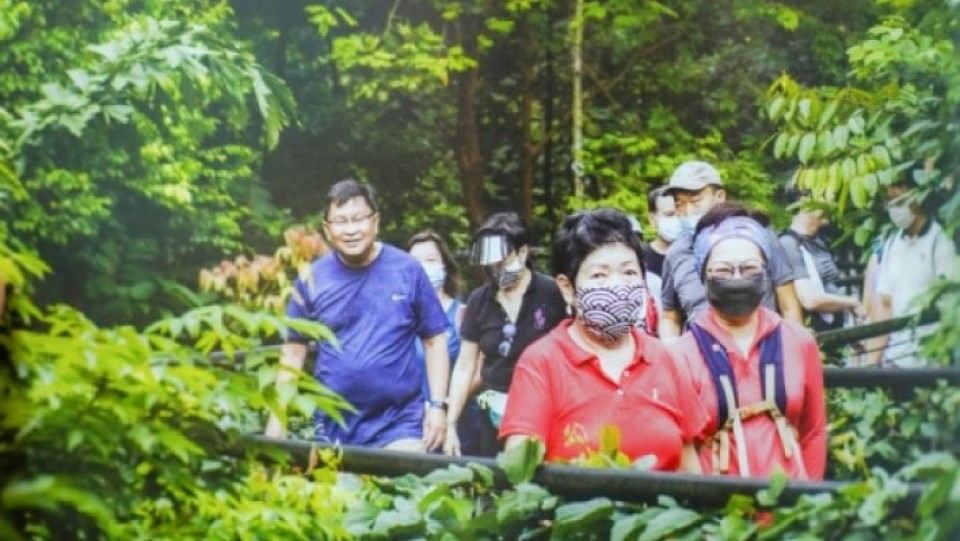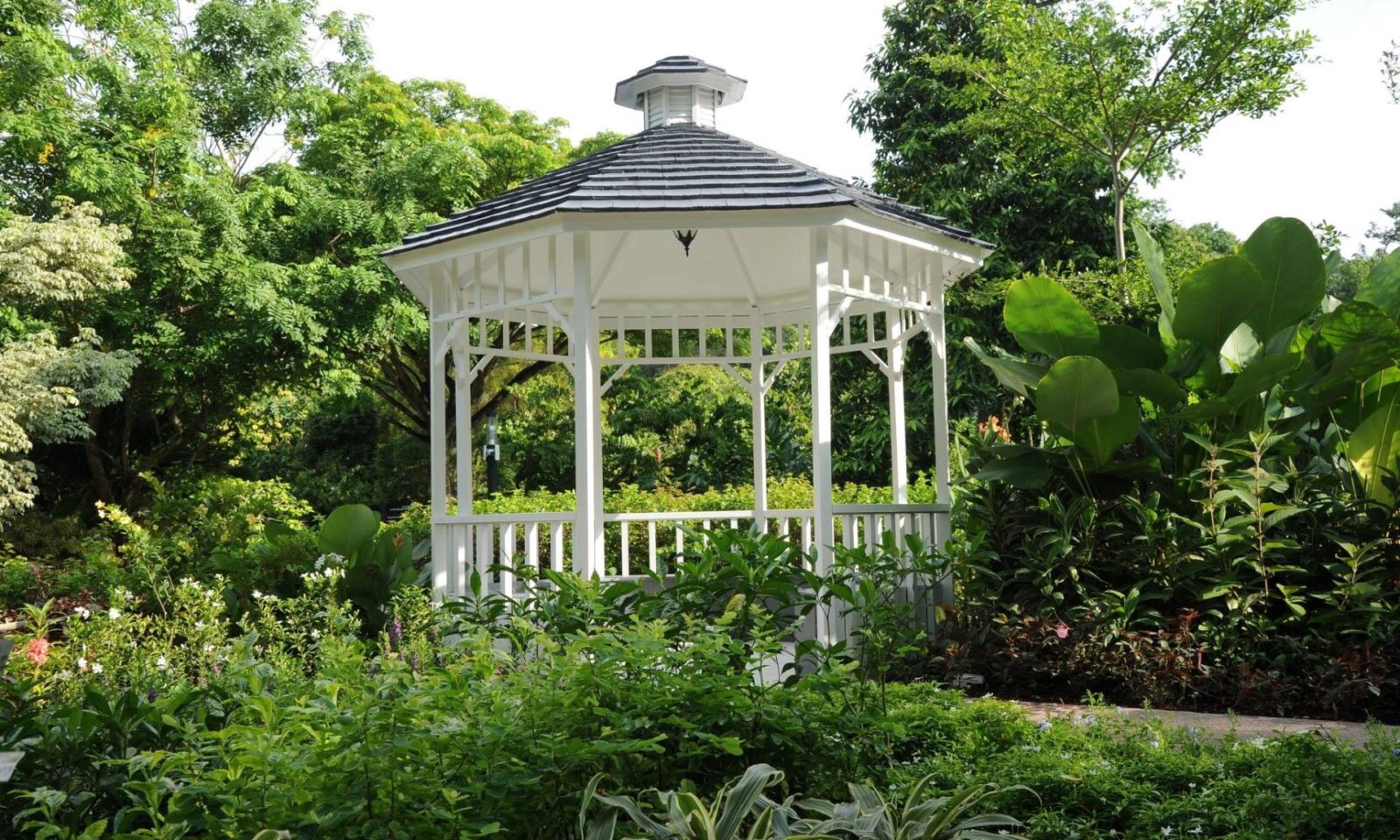Latest Research
- All
- Mindful Awareness Practice (MAP)
- Art & Music Reminiscence
- Horticular Therapy
- Choral Singing
- Tea Consumption
Health and Nutrition: The Mushroom Connection
A recent review by Professor Barry Halliwell and Dr Irwin Cheah explored the diet-derived compound ergothioneine (ET), commonly found in mushrooms and tempeh, and its impact on human health. Since it was first discovered more than a century ago, researchers…
Find Out MorePsychological First Aid – Brief Integrative Psychological Therapy (BIPT) Training for Community Volunteers
A paper published by Mind Science Centre found that community-based activities including tai chi, mindfulness practice, art therapy, and music reminiscence therapy improved overall sleep quality and decreased sleep disturbances in older adults (Rawtaer, 2018). These findings are notable not…
Find Out MoreDifferent Speech Patterns in Those With and Without Amnestic Dementia
A paper published by Mind Science Centre found that community-based activities including tai chi, mindfulness practice, art therapy, and music reminiscence therapy improved overall sleep quality and decreased sleep disturbances in older adults (Rawtaer, 2018). These findings are notable not…
Find Out MoreThe Rising Number of Dementia Cases in Singapore and Asia
A paper published by Mind Science Centre found that community-based activities including tai chi, mindfulness practice, art therapy, and music reminiscence therapy improved overall sleep quality and decreased sleep disturbances in older adults (Rawtaer, 2018). These findings are notable not…
Find Out MoreAnnual Scientific Conference on Ageing (ASCA) 2023 Highlights
Olfactory impairment, or more commonly referred to as sense of smell, is ageing related. The ability to detect and identify smell has also long been linked with cognitive decline in older adults. However, there remains questions on its association with…
Find Out More
Improving Sleep Quality in Older Adults with Non-drug Approaches
A paper published by Mind Science Centre found that community-based activities including tai chi, mindfulness practice, art therapy, and music reminiscence therapy improved overall sleep quality and decreased sleep disturbances in older adults (Rawtaer, 2018). These findings are notable not…
Find Out MoreLong-term Cognitive Improvements with Community-based Activities
A recently published study by Mind Science Centre showed the results of a naturalistic follow-up study on novel cognitive stimulating activities (CSAs) as an intervention to cognitive decline (Ng et al., 2022). The CSAs of interest are novel community-based interventions…
Find Out MoreMindful Awareness Practice (MAP) Improves Gut Microbiome
The Mind Science Centre has examined the impact of mindful awareness practice (MAP) on gut microbiome. MAP was introduced to older adults with mild cognitive impairment (MCI) as an intervention for the early stages of cognitive decline. Along with neuropsychological…
Find Out MoreMindful Awareness Practice (MAP) and Changes in Telomere Length
Mind Science Centre’s research found increased telomere length in older adults with Mild Cognitive Impairment (MCI) following intervention with either Health Education Programme (HEP) or Mindful Awareness Practice (MAP). Telomeres are the genetic material that protect the end of our…
Find Out MoreDementia in Asia – Mindfulness to Improve Cognitive Impairment
The trend is clear, the world’s population is ageing. Along with the ageing population, the incidence of mild cognitive impairment (MCI), and by extension dementia, is also expected to increase. However, no new treatment options have been found in the…
Find Out More
Improving Sleep Quality in Older Adults with Non-drug Approaches
A paper published by Mind Science Centre found that community-based activities including tai chi, mindfulness practice, art therapy, and music reminiscence therapy improved overall sleep quality and decreased sleep disturbances in older adults (Rawtaer, 2018). These findings are notable not…
Find Out MoreLong-term Cognitive Improvements with Community-based Activities
A recently published study by Mind Science Centre showed the results of a naturalistic follow-up study on novel cognitive stimulating activities (CSAs) as an intervention to cognitive decline (Ng et al., 2022). The CSAs of interest are novel community-based interventions…
Find Out MoreArt Therapy to Prevent Cognitive Decline
With the increasingly greying population in Singapore, the prevalence of mild cognitive impairment (MCI) and comorbidity of conditions are expected to rise at a rapid pace. Given that dementia is irreversible and has no known cure at this current stage,…
Find Out More
Improving Sleep Quality in Older Adults with Non-drug Approaches
A paper published by Mind Science Centre found that community-based activities including tai chi, mindfulness practice, art therapy, and music reminiscence therapy improved overall sleep quality and decreased sleep disturbances in older adults (Rawtaer, 2018). These findings are notable not…
Find Out MoreLong-term Cognitive Improvements with Community-based Activities
A recently published study by Mind Science Centre showed the results of a naturalistic follow-up study on novel cognitive stimulating activities (CSAs) as an intervention to cognitive decline (Ng et al., 2022). The CSAs of interest are novel community-based interventions…
Find Out MoreRainforest Mindful Walking
Past research has shown evidence that the forest environment bring forth a range of positive health benefits including stress reduction and improvement of depression and anxiety. Singapore is one of the only two cities in the world with a rainforest…
Find Out MoreGardening is Good for Physical and Mental Health
Above indisputable benefits for the environment, there is also increasing interest on the impact of gardening on physical and mental health. With Singapore’s ageing population, there is a need for health-promoting infrastructures in communities, especially near estates with more elderly…
Find Out More
Long-term Cognitive Improvements with Community-based Activities
A recently published study by Mind Science Centre showed the results of a naturalistic follow-up study on novel cognitive stimulating activities (CSAs) as an intervention to cognitive decline (Ng et al., 2022). The CSAs of interest are novel community-based interventions…
Find Out MoreChoral Singing Improves Cognitive Function
In 2021, it is estimated that there are 92,000 people living with dementia in Singapore. The Ministry of Health (MOH) predicts that number to increase to 152,000 by 2030. Now, more than ever, there is a compelling need for preventive…
Find Out More
Tea Drinking & Its Benefits on Cognitive Health
With the ageing population and lack of effective pharmacological treatments for dementia, interest in non-pharmacological, preventive interventions is at an all-time high. Researchers are interested to see how our daily diet and lifestyle impact the risks of developing dementia and…
Find Out More- All
- Mindful Awareness Practice (MAP)
- Art & Music Reminiscence
- Horticular Therapy
- Choral Singing
- Tea Consumption
Health and Nutrition: The Mushroom Connection
A recent review by Professor Barry Halliwell and Dr Irwin Cheah explored the diet-derived compound ergothioneine (ET), commonly found in mushrooms and tempeh, and its impact on human health. Since it was first discovered more than a century ago, researchers…
Find Out MorePsychological First Aid – Brief Integrative Psychological Therapy (BIPT) Training for Community Volunteers
A paper published by Mind Science Centre found that community-based activities including tai chi, mindfulness practice, art therapy, and music reminiscence therapy improved overall sleep quality and decreased sleep disturbances in older adults (Rawtaer, 2018). These findings are notable not…
Find Out MoreDifferent Speech Patterns in Those With and Without Amnestic Dementia
A paper published by Mind Science Centre found that community-based activities including tai chi, mindfulness practice, art therapy, and music reminiscence therapy improved overall sleep quality and decreased sleep disturbances in older adults (Rawtaer, 2018). These findings are notable not…
Find Out MoreThe Rising Number of Dementia Cases in Singapore and Asia
A paper published by Mind Science Centre found that community-based activities including tai chi, mindfulness practice, art therapy, and music reminiscence therapy improved overall sleep quality and decreased sleep disturbances in older adults (Rawtaer, 2018). These findings are notable not…
Find Out MoreAnnual Scientific Conference on Ageing (ASCA) 2023 Highlights
Olfactory impairment, or more commonly referred to as sense of smell, is ageing related. The ability to detect and identify smell has also long been linked with cognitive decline in older adults. However, there remains questions on its association with…
Find Out More
Improving Sleep Quality in Older Adults with Non-drug Approaches
A paper published by Mind Science Centre found that community-based activities including tai chi, mindfulness practice, art therapy, and music reminiscence therapy improved overall sleep quality and decreased sleep disturbances in older adults (Rawtaer, 2018). These findings are notable not…
Find Out MoreLong-term Cognitive Improvements with Community-based Activities
A recently published study by Mind Science Centre showed the results of a naturalistic follow-up study on novel cognitive stimulating activities (CSAs) as an intervention to cognitive decline (Ng et al., 2022). The CSAs of interest are novel community-based interventions…
Find Out MoreMindful Awareness Practice (MAP) Improves Gut Microbiome
The Mind Science Centre has examined the impact of mindful awareness practice (MAP) on gut microbiome. MAP was introduced to older adults with mild cognitive impairment (MCI) as an intervention for the early stages of cognitive decline. Along with neuropsychological…
Find Out MoreMindful Awareness Practice (MAP) and Changes in Telomere Length
Mind Science Centre’s research found increased telomere length in older adults with Mild Cognitive Impairment (MCI) following intervention with either Health Education Programme (HEP) or Mindful Awareness Practice (MAP). Telomeres are the genetic material that protect the end of our…
Find Out MoreDementia in Asia – Mindfulness to Improve Cognitive Impairment
The trend is clear, the world’s population is ageing. Along with the ageing population, the incidence of mild cognitive impairment (MCI), and by extension dementia, is also expected to increase. However, no new treatment options have been found in the…
Find Out More
Improving Sleep Quality in Older Adults with Non-drug Approaches
A paper published by Mind Science Centre found that community-based activities including tai chi, mindfulness practice, art therapy, and music reminiscence therapy improved overall sleep quality and decreased sleep disturbances in older adults (Rawtaer, 2018). These findings are notable not…
Find Out MoreLong-term Cognitive Improvements with Community-based Activities
A recently published study by Mind Science Centre showed the results of a naturalistic follow-up study on novel cognitive stimulating activities (CSAs) as an intervention to cognitive decline (Ng et al., 2022). The CSAs of interest are novel community-based interventions…
Find Out MoreArt Therapy to Prevent Cognitive Decline
With the increasingly greying population in Singapore, the prevalence of mild cognitive impairment (MCI) and comorbidity of conditions are expected to rise at a rapid pace. Given that dementia is irreversible and has no known cure at this current stage,…
Find Out More
Improving Sleep Quality in Older Adults with Non-drug Approaches
A paper published by Mind Science Centre found that community-based activities including tai chi, mindfulness practice, art therapy, and music reminiscence therapy improved overall sleep quality and decreased sleep disturbances in older adults (Rawtaer, 2018). These findings are notable not…
Find Out MoreLong-term Cognitive Improvements with Community-based Activities
A recently published study by Mind Science Centre showed the results of a naturalistic follow-up study on novel cognitive stimulating activities (CSAs) as an intervention to cognitive decline (Ng et al., 2022). The CSAs of interest are novel community-based interventions…
Find Out MoreRainforest Mindful Walking
Past research has shown evidence that the forest environment bring forth a range of positive health benefits including stress reduction and improvement of depression and anxiety. Singapore is one of the only two cities in the world with a rainforest…
Find Out MoreGardening is Good for Physical and Mental Health
Above indisputable benefits for the environment, there is also increasing interest on the impact of gardening on physical and mental health. With Singapore’s ageing population, there is a need for health-promoting infrastructures in communities, especially near estates with more elderly…
Find Out More
Long-term Cognitive Improvements with Community-based Activities
A recently published study by Mind Science Centre showed the results of a naturalistic follow-up study on novel cognitive stimulating activities (CSAs) as an intervention to cognitive decline (Ng et al., 2022). The CSAs of interest are novel community-based interventions…
Find Out MoreChoral Singing Improves Cognitive Function
In 2021, it is estimated that there are 92,000 people living with dementia in Singapore. The Ministry of Health (MOH) predicts that number to increase to 152,000 by 2030. Now, more than ever, there is a compelling need for preventive…
Find Out More
Tea Drinking & Its Benefits on Cognitive Health
With the ageing population and lack of effective pharmacological treatments for dementia, interest in non-pharmacological, preventive interventions is at an all-time high. Researchers are interested to see how our daily diet and lifestyle impact the risks of developing dementia and…
Find Out More